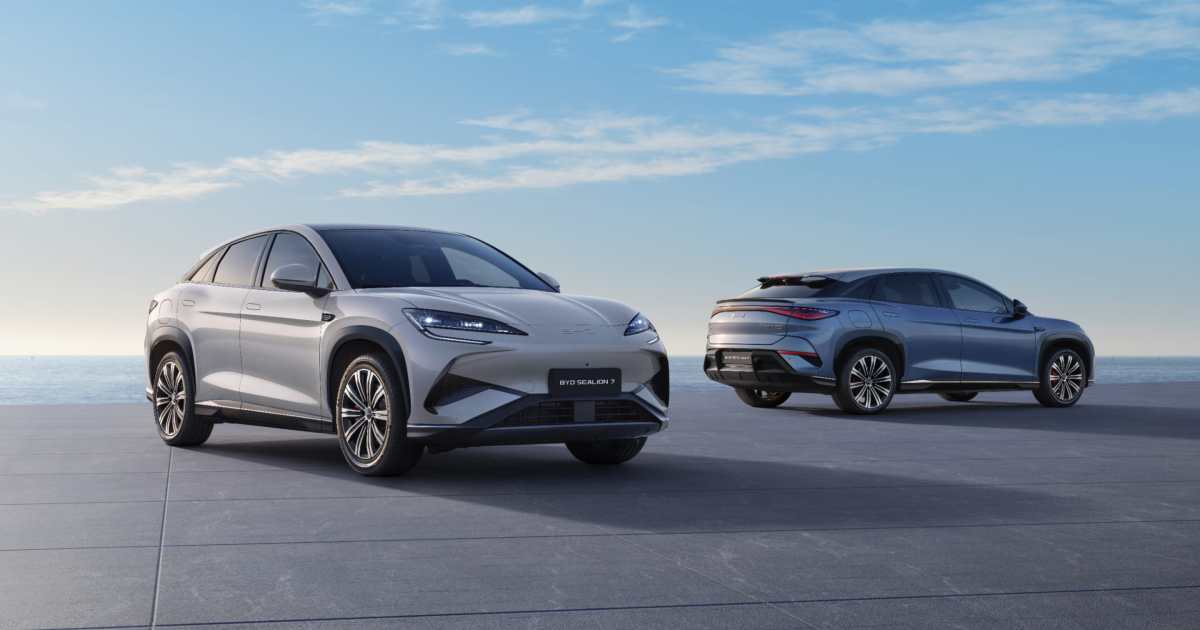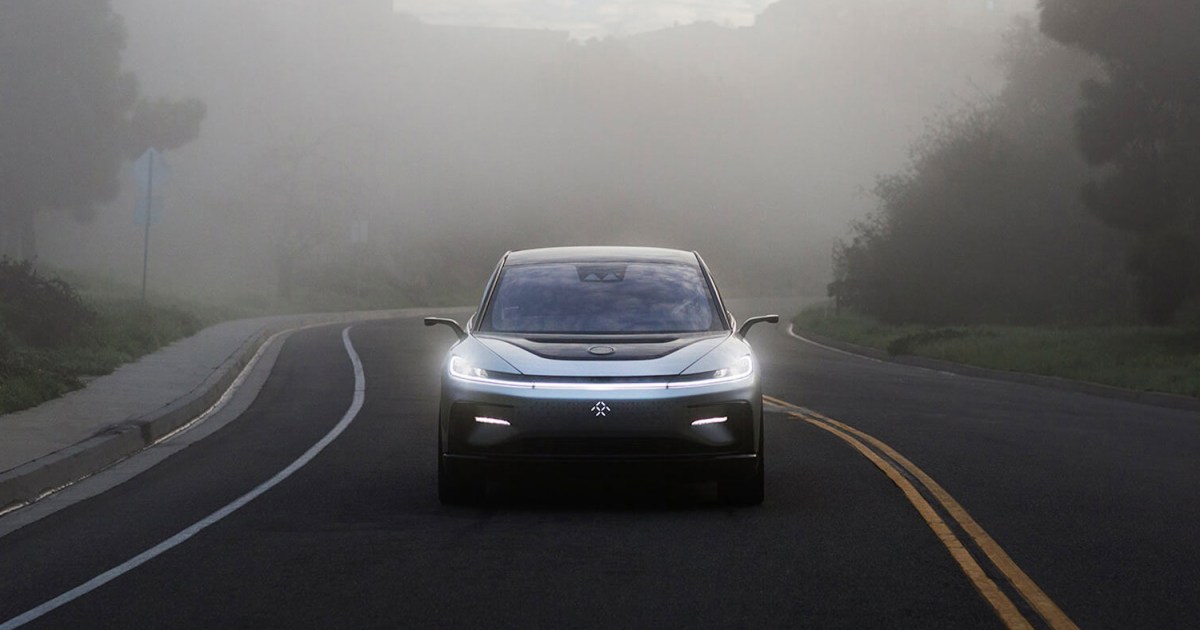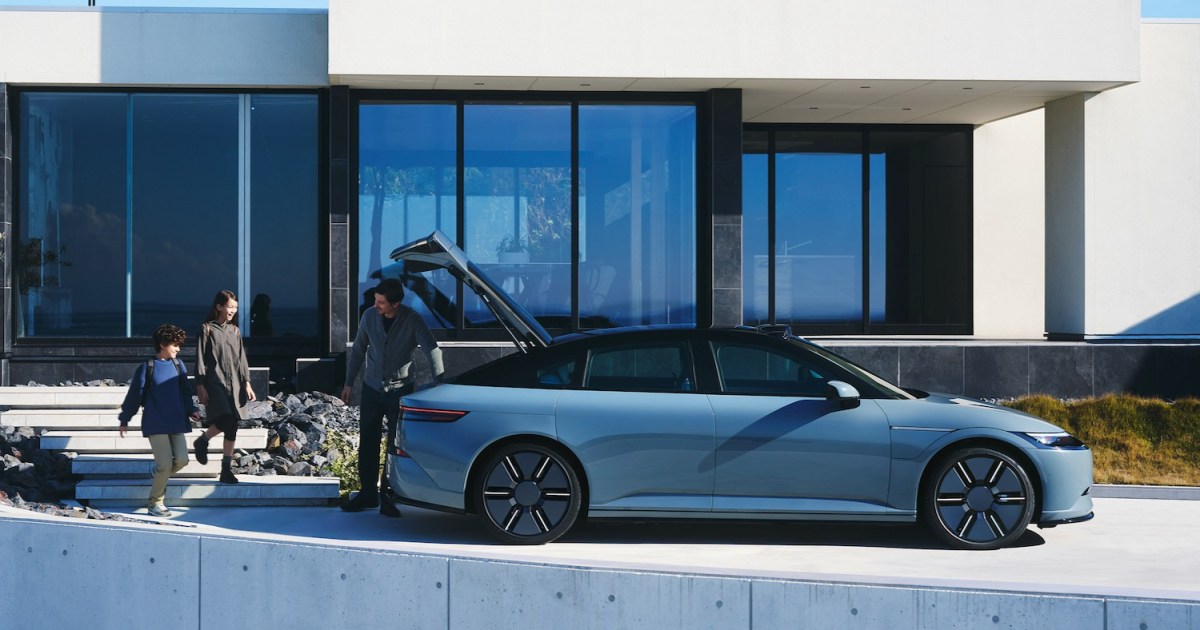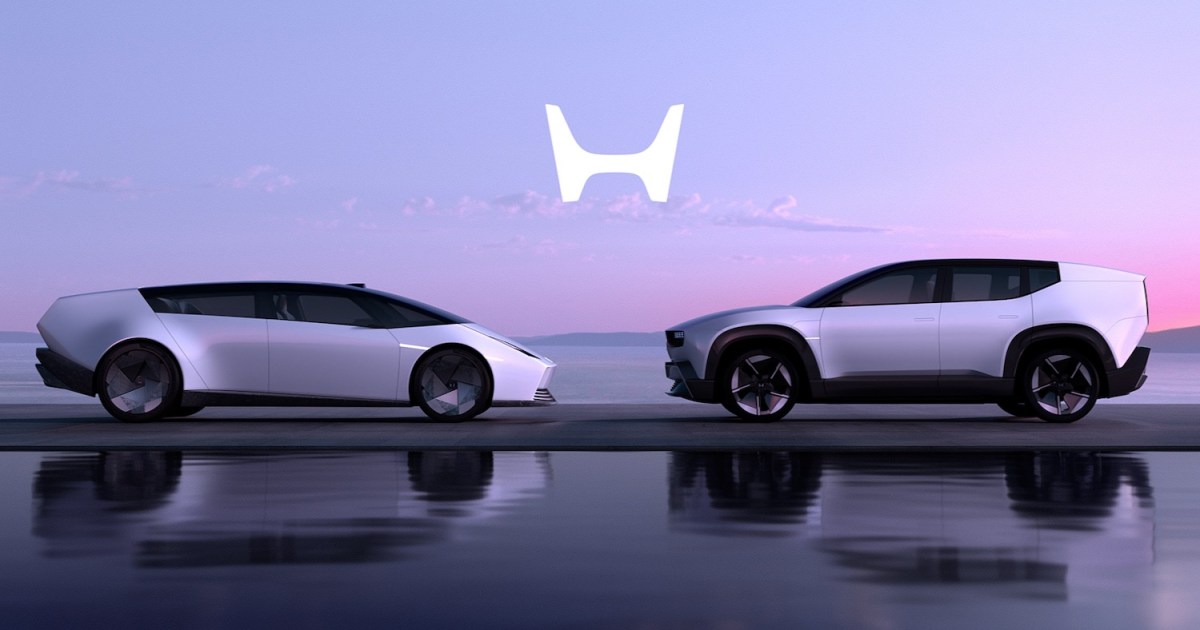The auto industry faces significant challenges in 2025, including trade wars, tariffs, and uncertain subsidies. Despite these headwinds, global electric vehicle (EV) sales are projected to experience substantial growth, according to S&P Global Mobility.
Executive Director of Global Light Vehicle Forecasting for S&P Global Mobility, Colin Couchman, acknowledges the difficulties ahead, stating, “2025 is shaping up to be ultra-challenging for the auto industry, as key regional demand factors limit demand potential and the new U.S. administration adds fresh uncertainty from day one.”
US Policy Changes and Their Potential Impact
The incoming Trump administration’s reported plans to eliminate the $7,500 EV tax incentive and other supportive measures for EV manufacturing and sales add to the uncertainty. Furthermore, proposed tariffs on imports from countries like Mexico, Canada, and China, with expected retaliatory tariffs, could further complicate the global automotive landscape.
Continued EV Growth Despite Challenges
Despite these adverse factors, EVs remain a key growth area in the automotive sector. Incentive programs in China, Asia, and Europe are expected to continue bolstering EV adoption for the foreseeable future.
S&P Global Mobility forecasts global EV sales to reach 15.1 million units in 2025, a 30% increase from the estimated 11.6 million units in 2024. This growth translates to a projected 16.7% global market share for EVs, up from 13.2% in 2024.
Regional EV Market Trends
China leads the global EV market, with projected sales of 26.6 million units in 2025, a 3% increase from 2024. Driven by manufacturers like BYD, Changan, and Tesla, EVs are expected to capture 29.7% of the Chinese vehicle market. Strong growth is also anticipated in India and Japan.
Even in the U.S., EV market share is projected to surpass 10%, reaching 11.2% of total vehicle sales, despite the potential policy changes.
Navigating Uncertainty in the US Market
While the impact of the Trump administration’s policies remains uncertain, S&P suggests deregulation could benefit the North American auto industry. California’s commitment to reinstating state tax rebates for EVs if federal incentives are discontinued further supports EV adoption. Cumulative EV sales in California exceeded 2 million units in Q3 2024, representing nearly 40% of total U.S. EV sales.
Conclusion: EVs Remain a Promising Sector
Despite the numerous challenges facing the auto industry in 2025, the global EV market is poised for continued growth. Strong support from government incentives in several key regions, combined with increasing consumer demand, suggests a bright future for electric vehicles. While the U.S. market faces potential disruption from policy changes, the resilience of the EV sector and proactive measures by states like California indicate that EVs will remain a significant force in the automotive landscape.











